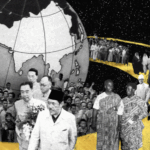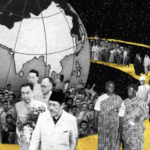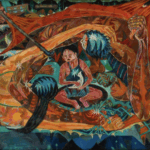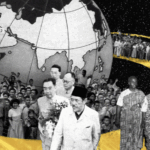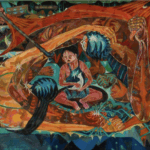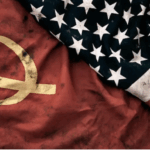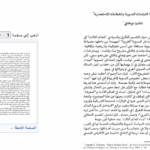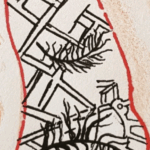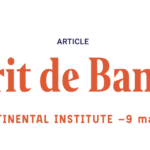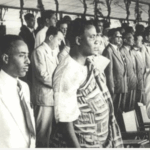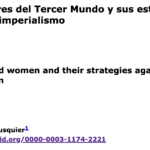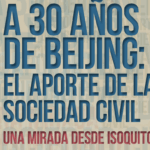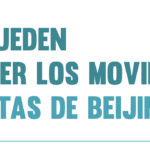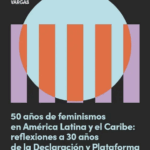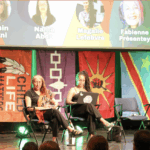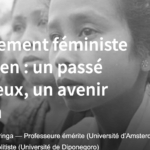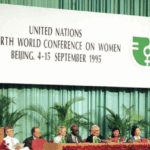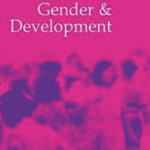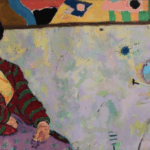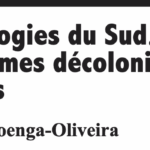
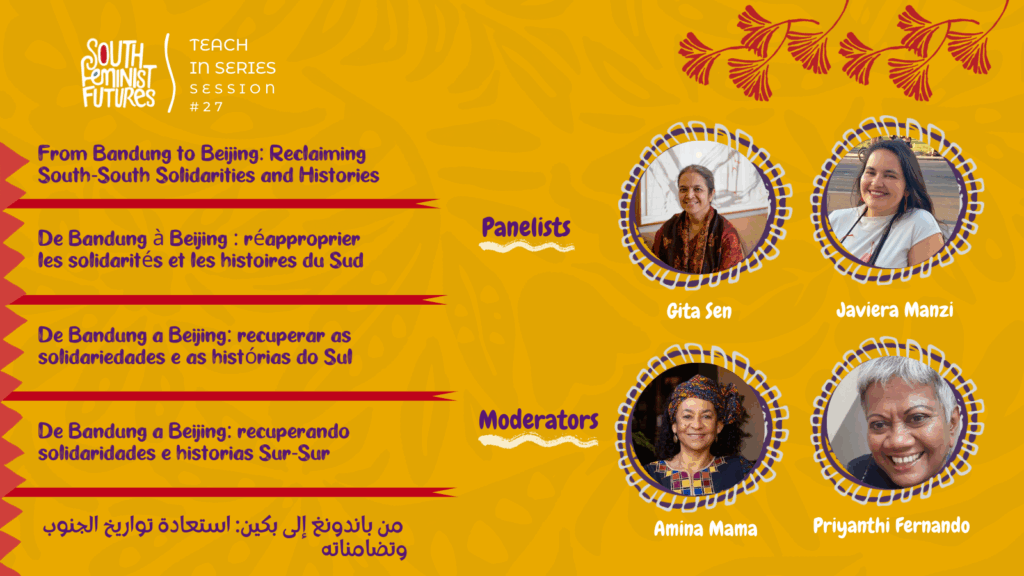
The 1955 Bandung Conference, a milestone of Third World sovereignty and the birth of the Non-Aligned Movement, is often remembered as an event from which women were absent. However, the role of women’s groups and feminist in shaping that anti-imperialist internationalism is critical and undeniable. Groups such as Women’s International Democratic Federation (WIDF) played an essential role in embedding gender within anti-colonial and anti-capitalist struggles, not through simply inserting “women’s issues”, but rather bringing in political, materialist analyses of gender, race, class and empire. This stood in contrast to the often depoliticised and liberal frameworks promoted by Northern states and institutions. These contributions, quite crucial in the shaping of the “UN Decade for Women” (1975-1985), were fundamental to the lead-up to the 1995 Beijing Conference.
Seventy years after Bandung and thirty years after Beijing, we invite Southern feminists to look at our collective history, reclaim its narratives, and to ask: why should it matter today, and what do we take forward with us?

